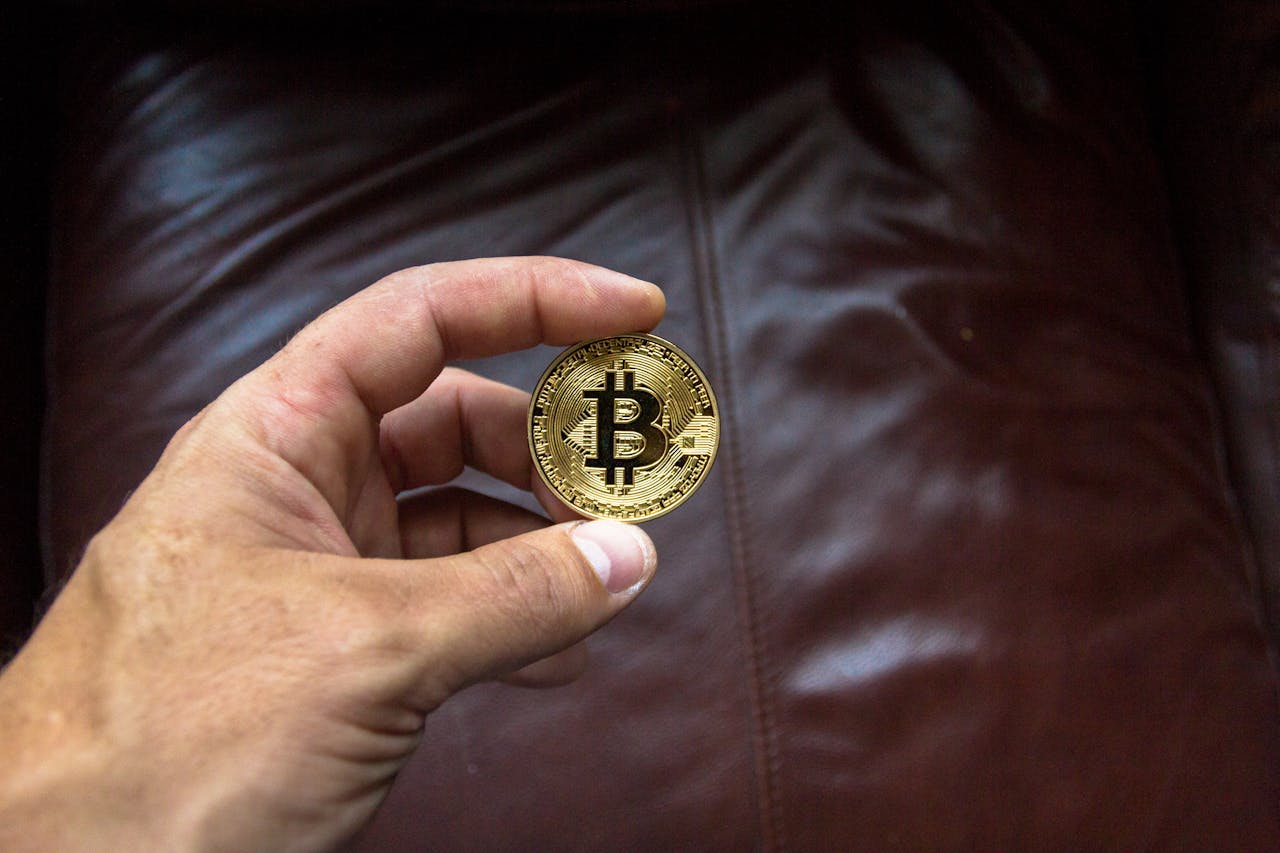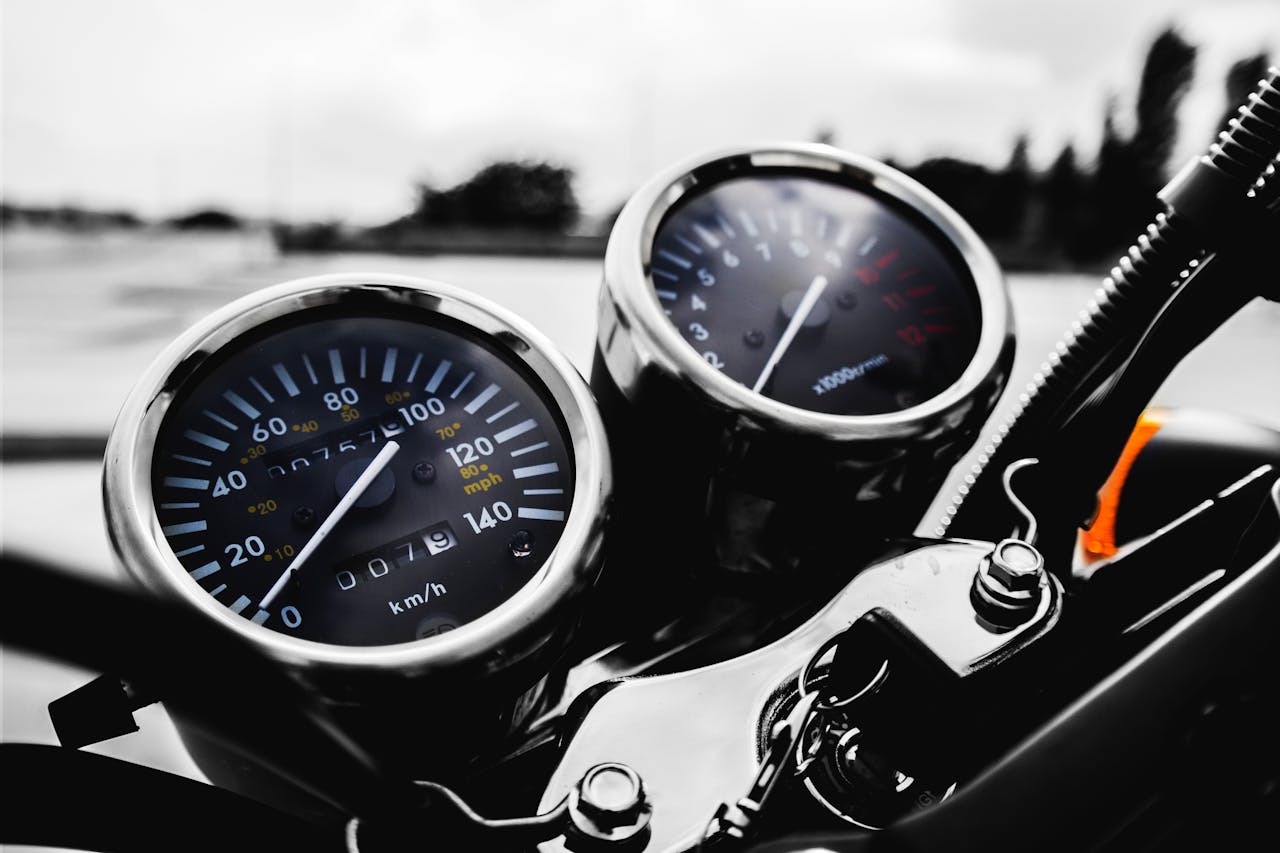

The last mile logistics sector in Southeast Asia is undergoing a transformative wave, with a remarkable year-over-year surge exceeding 30% from 2018 to 2021. This growth trend persists aggressively at an annual rate of approximately 20%, prompting a need for innovations in last mile logistics to shape the future landscape in the region.

YCP Solidiance's white paper, titled "Logistics in SEA: Exploring Innovations Within Last Mile Logistics," analyzes four quadrants of innovations in Southeast Asia's logistics that are set to redefine the future of last mile in the region.
This zone embodies technology advancements in last mile logistics that promise rapid and substantial improvements with seamless integration. Notably, digital payments, led by industry giants like Gojek and POS Indonesia with services like Go-pay and PostPay, have become the linchpin of last mile logistics innovation. Embracing innovations in this zone is imperative for companies aiming to stay ahead of the curve.
The innovations in the Big Bet Boulevard zone, while challenging to implement, have the potential to redefine industry benchmarks, positioning companies as pioneers. Examples like automated guided vehicles (AGVs) and AI-driven systems are revolutionizing last mile warehouses, elevating efficiency, reducing manual labor, and enhancing accuracy. Leading the charge, companies such as Cainiao and Flash Express showcase the potential of automated solutions in the region.
While the impact in this zone may be modest, these innovations are operationally essential, forming the foundation of seamless last mile logistics. Digital mapping services, including Google Maps, Grab, and Waze, determine effective delivery routes, while Hyper-precision mapping by Dynamic Map Platform Co. offers unprecedented accuracy in tracking and navigation. Given the complex geography of Southeast Asia, digital and hyper-precision mapping are crucial for efficient logistics operations.
The Challenge Corridor hosts innovations with low incremental impact and inherent implementation difficulties. Traditionally deemed not worth pursuing, the fierce competitive forces in the market are compelling companies to reassess their strategies. Augmented Reality/Virtual Reality (AR/VR) technologies, though not widely adopted in Southeast Asia's last mile industry, can potentially improve warehouse navigation and productivity. Integrating AR/VR solutions can reduce errors and enhance overall operational efficiency.
Apart from the above categories, two groundbreaking innovations stand out in reshaping the future of last mile logistics in Southeast Asia.
Drones are gaining popularity for last mile deliveries, offering swift, cost-effective, and efficient transportation. Pilot tests in Singapore have demonstrated their capability to transport meals swiftly between islands. Regulatory challenges, privacy concerns, and high investment costs are hurdles to widespread adoption, but initiatives by companies like Singpost and Thailand Post are exploring the potential of Southeast Asia’s last mile logistics in the future.
Last mile lockers are emerging as a convenient and cost-effective alternative for both logistics companies and customers in Southeast Asia. Despite being in the nascent adoption stage, lockers have shown steady growth globally.
The future of last mile logistics in Southeast Asia is expected to be favorable, with innovations in technology advancements shaping the landscape. Industry players must stay vigilant, embracing these innovations to enhance efficiency, reduce costs, and ensure success in this dynamic landscape.

The Latest Developments in Cryptocurrency Adoption in SEA
The cryptocurrency market in Southeast Asia (SEA) has seen exponential growth in recent years. The revenue of cryptocurrency in the region was around USD 1,384 million in 2023 and is expected to grow by USD 1 million in the next four years. Countries like Indonesia, Singapore, and the Philippines are at the forefront of this digital revolution. The region's young, tech-savvy population, coupled with increasing internet penetration, has created a fertile ground for the adoption of cryptocurrencies. Currently, the crypto market in SEA is valued at several billion dollars, with projections indicating continued growth.

An Overview of the Halal Cosmetics Market in Malaysia
The halal cosmetics market in Malaysia has been experiencing significant growth. It is driven by a combination of increasing consumer awareness, government support, and the rising demand for halal-certified products among both Muslim and non-Muslim consumers.

How Digital Marketing is Transforming the Automotive Lubricants Market in Southeast Asia
In recent years, digital marketing has emerged as a transformative force in the Southeast Asian (SEA) automotive lubricants market. The region's rapidly growing internet penetration and increasing smartphone usage have created fertile ground for innovative digital strategies. This evolution is reshaping how companies engage with customers and streamline their operations, offering numerous opportunities for growth and efficiency.

Exploring New Business Models for a Sustainable Future
Transitioning towards new sustainability business models can help companies drive positive change and contribute to a more sustainable future.